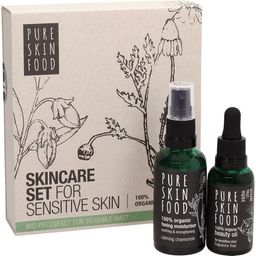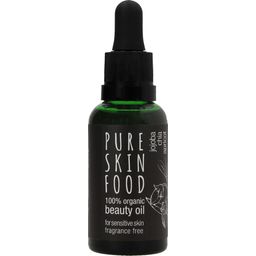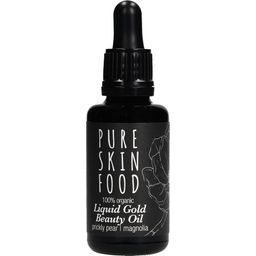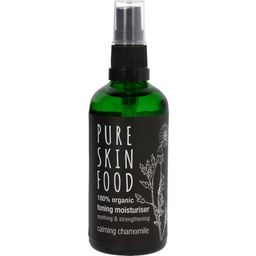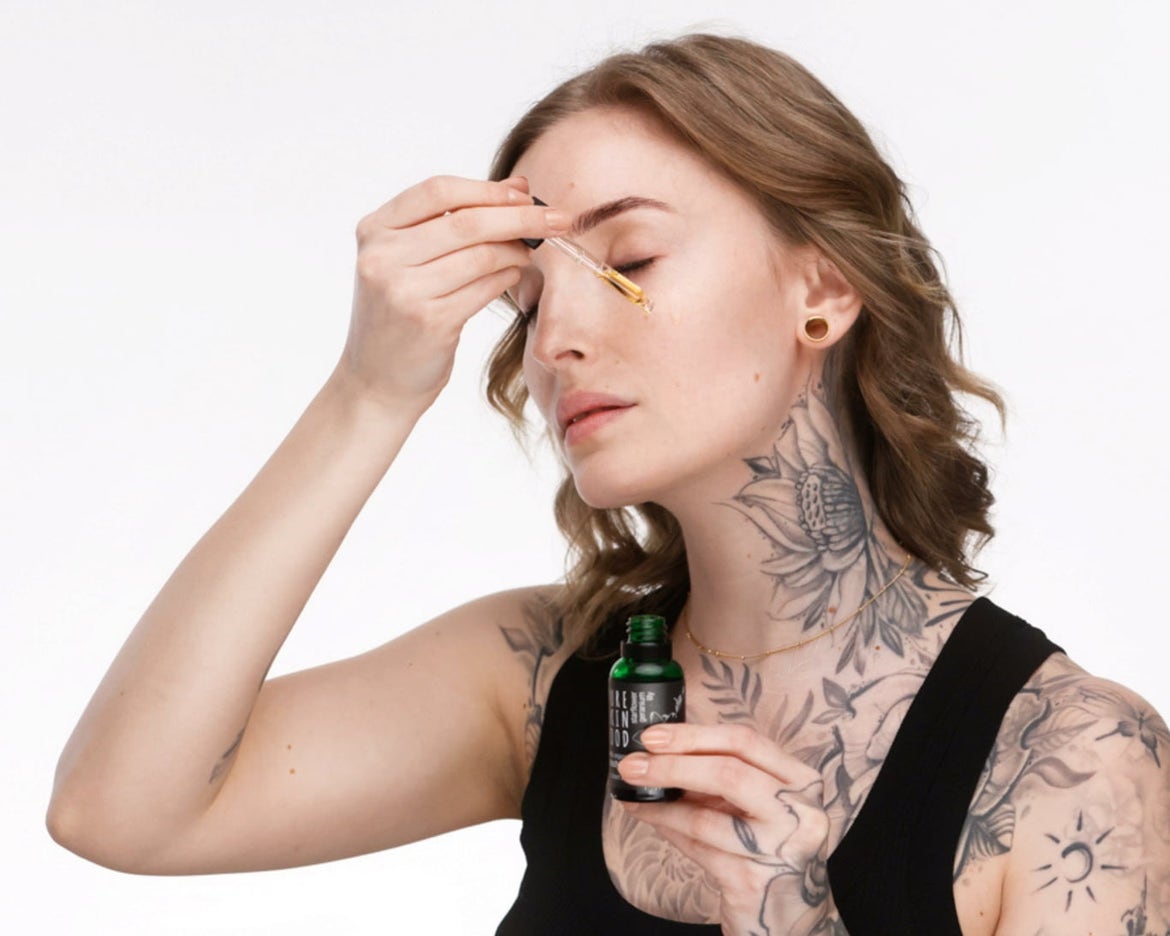

The Importance Of The Skin Barrier & How To Restore It
The skin is an extraordinary yet very sensitive organ. It shields our organs, is the first point of contact to the outside world and protects our bodies against various elements. But what happens when this is no longer the case?
The skin is an extraordinary yet very sensitive organ. It shields our organs, is the first point of contact to the outside world and protects our bodies against various elements. But what happens when this is no longer the case?
The skin functions as a barrier between our bodies and the environment. It acts like a high-tech protective suit that shields our bodies from external influences every minute of every day, without fail. The skin on the face is incredibly thin, thinner than that of a single hair strand and is constantly recuperating and restoring itself. New cells travel to the surface of the skin and transform from an aqueous to a lipophilic structure.
The high water content is upheld by this "watergate". Our protective barrier possesses numerous barrier and protective functions, such as:
- preventing foreign bodies, bacteria and fungi from entering the body.
- protection against UV rays.
- acting as a mechanical barrier against blows and other strains.
- helping to regulate temperature fluctuations.
- preventing moisture loss.
- transporting toxins outwards.
- protecting the body against injury by being our sensory organ and being the first point of contact.
Impaired skin barrier
Our skin has very important functions but what happens when its balance is impaired and the protective barrier is no longer intact? When the protective barrier is disrupted, our skin is susceptible to even minor stressors. Impaired protective barriers mean that the water levels can no longer be maintained which leads to increased dryness. The result is redness, chapped skin, inflammation, flakiness and itchiness - just to name a few.
Protecting the skin barrier
Stay clear of products that contain paraffin. These form an impermeable film on the skin. When using these products on a regular basis, the skin loses the capability to react and shuts down its functions. The skin can take weeks, if not months, to rebalance itself and eliminate dryness once these types of products are no longer being used.
Aggressive scrubs can also damage the skin. When using products that have an intensive exfoliating action, the skin is unable to completely regenerate itself in order to preserve its natural protective function.
Avoid emulsifiers if you truly want to protect the skin barrier because they may be responsible for interfering with the lipid layer whilst cleansing. In emulsions, they serve to bind oil and water. Unfortunately, in doing so, it interrupts the natural lipid levels of the skin barrier. Instead of using these emulsions, opt for pure, natural cosmetics, such as precious and organic botanical oils free from additives.
Skin-like substances have been shown to be effective for the regenerative process and preservation of the protective barrier. Several plant oils contain components, such as certain fatty acids, that can be used as building blocks for the skin barrier:
- High concentrations of linoleic acid are found in amaranth extract, argan oil, borage oil and apricot kernel oil.
- Palmitic acid is contained in sea buckthorn extract, amaranth extract, wheat germ oil and avocado oil.
- Stearic can be found in cucumber seed oil, sesame oil, borage oil and moringa oil.
- Evening primrose oil, wheat germ oil, amaranth extract and shea butter are particularly rich in phytosterols.
Moisture is key! Supplying the skin with moisture internally as well as externally is vital. Hydrate by drinking sufficient amounts of water on a daily basis. Ensure that the skin is moisturised by using organic floral waters that penetrate the surface of the skin and contain nourishing ingredients.
A healthy protective barrier is a prerequisite for healthy-looking skin!
-
Delivery in 3 business days.
We deliver worldwide to
more than 40 countriesSecure payments
with SSL encryption technology
